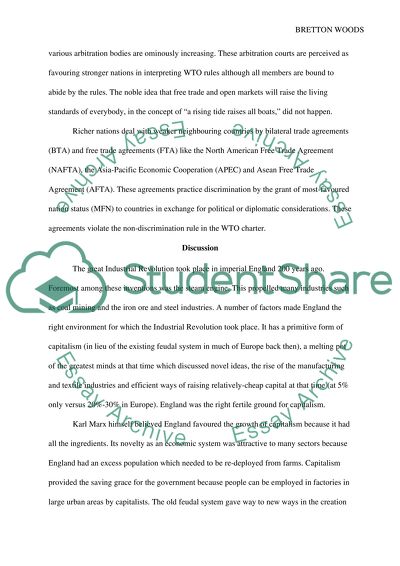Cite this document
(“To what extend the bretton woods institutions have functioned to make Essay”, n.d.)
Retrieved from https://studentshare.org/environmental-studies/1417078-to-what-extend-the-bretton-woods-institutions-have
Retrieved from https://studentshare.org/environmental-studies/1417078-to-what-extend-the-bretton-woods-institutions-have
(To What Extend the Bretton Woods Institutions Have Functioned to Make Essay)
https://studentshare.org/environmental-studies/1417078-to-what-extend-the-bretton-woods-institutions-have.
https://studentshare.org/environmental-studies/1417078-to-what-extend-the-bretton-woods-institutions-have.
“To What Extend the Bretton Woods Institutions Have Functioned to Make Essay”, n.d. https://studentshare.org/environmental-studies/1417078-to-what-extend-the-bretton-woods-institutions-have.


